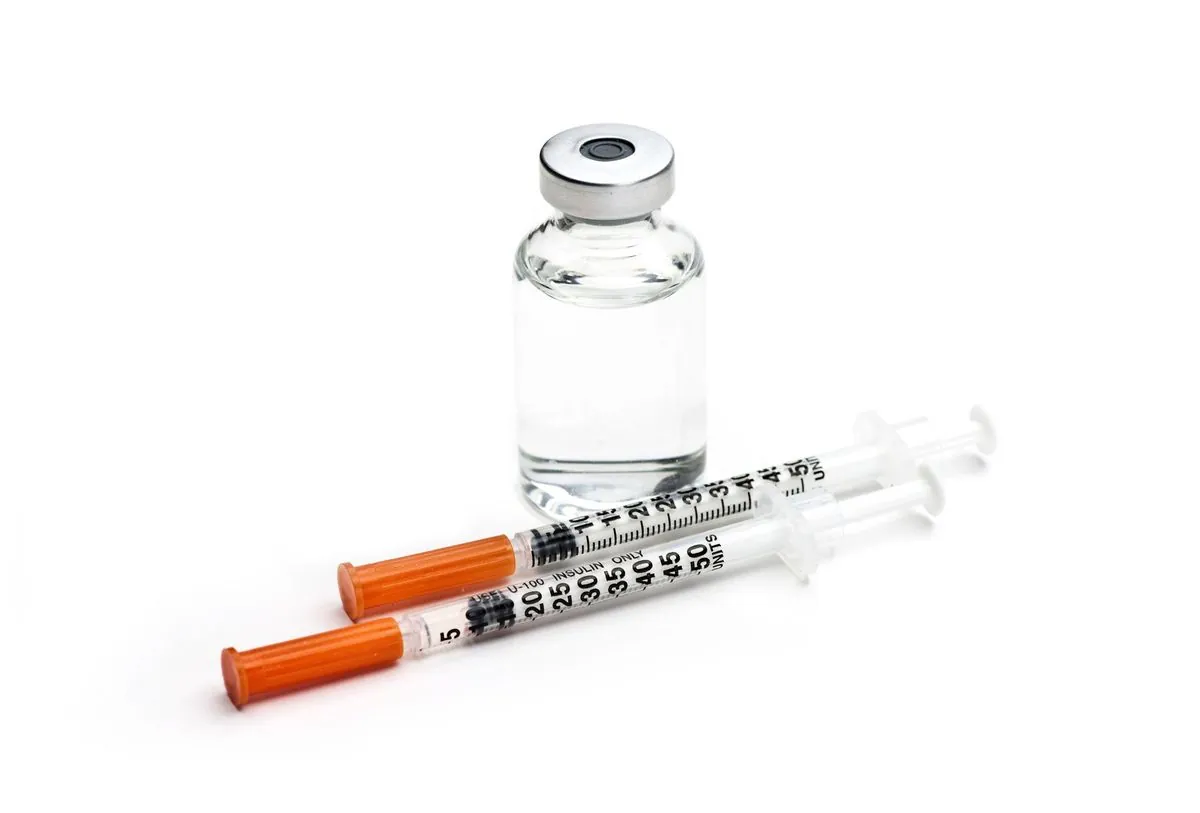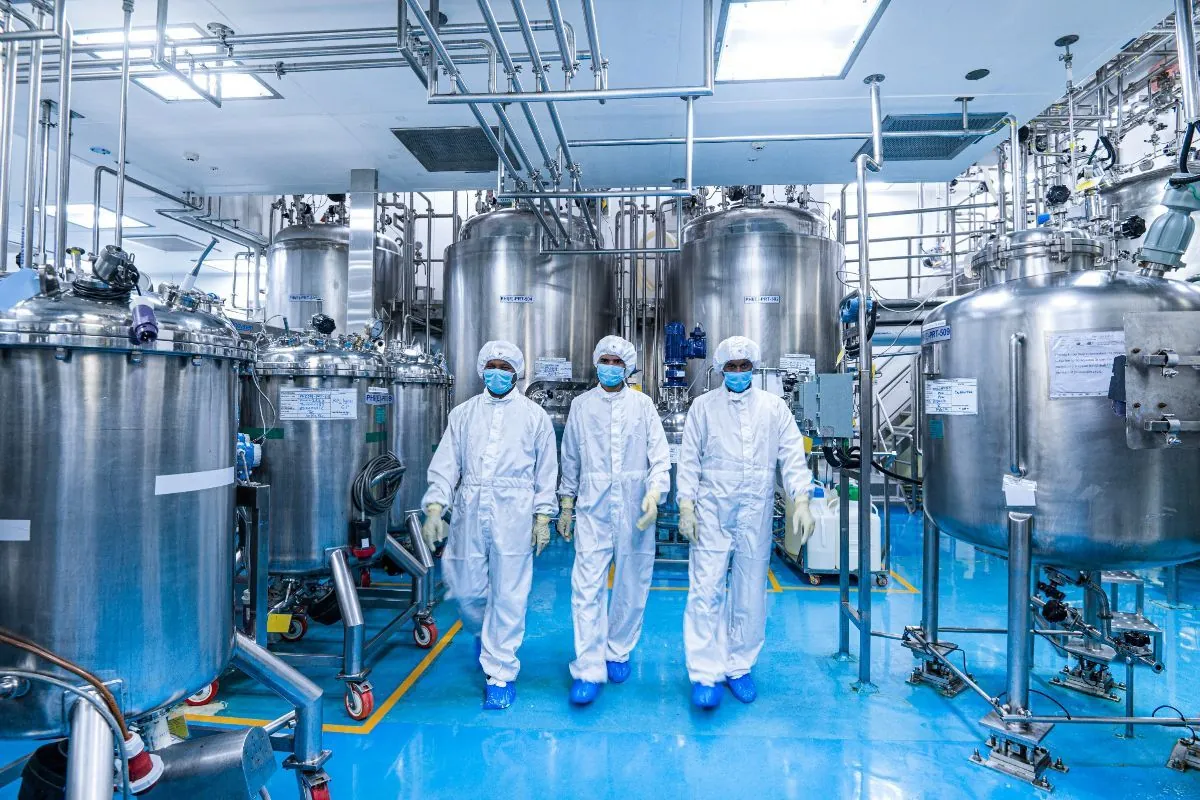Texas AG Sues Insulin Giants and PBMs Over Alleged Price Inflation Scheme
Texas Attorney General Ken Paxton files lawsuit against major insulin manufacturers and pharmacy benefit managers, accusing them of collaborating to artificially inflate insulin prices. The action targets both producers and intermediaries.

In a significant legal move, Texas Attorney General Ken Paxton has initiated a lawsuit against prominent insulin manufacturers and pharmacy benefit managers (PBMs), alleging a collaborative effort to artificially inflate insulin prices. This action, reported on October 3, 2024, targets both producers and intermediaries in the insulin supply chain, marking a departure from previous regulatory approaches.
The lawsuit names major insulin producers Eli Lilly, Novo Nordisk, and Sanofi, alongside PBMs including CVS Caremark, Express Scripts (Cigna), and OptumRx (UnitedHealth). These PBMs act as intermediaries in negotiating drug prices and coverage, playing a crucial role in the pharmaceutical supply chain.
This legal action comes just one month after the U.S. Federal Trade Commission (FTC) sued the same PBMs, accusing them of steering diabetes patients towards higher-priced insulin to secure substantial rebates from pharmaceutical companies. However, the Texas lawsuit expands the scope by including insulin manufacturers in the allegations.

The insulin market has seen significant changes since its discovery in 1921 by Canadian scientists Frederick Banting and Charles Best. Initially sold for just $1 to ensure wide accessibility, insulin has become a multi-billion dollar industry. As of 2020, the global insulin market was valued at $21.26 billion, with the U.S. accounting for about 15% of this market.
Paxton's office alleges that manufacturers artificially raised insulin prices and then paid substantial, undisclosed portions back to PBMs for preferential treatment. In turn, PBMs allegedly awarded preferred status to manufacturers offering the highest list prices while excluding lower-priced alternatives.
"Big Pharma insulin manufacturers and PBMs worked together to take advantage of diabetes patients and drive prices as high as they could."
This lawsuit addresses a critical issue affecting millions of Americans. Diabetes impacts approximately 463 million adults worldwide, with insulin being a life-saving medication for many. The average list price of insulin in the U.S. tripled between 2002 and 2013, raising concerns about affordability and access.
Some of the accused companies have responded to the allegations. CVS stated, "Allegations that we play any role in determining the prices charged by manufacturers for their products are false, and we intend to vigorously defend against this baseless suit." Similarly, a Novo Nordisk spokesperson asserted, "Novo Nordisk believes that the allegations in the lawsuit are meritless, and we intend to vigorously defend against these claims."
The insulin market has seen significant developments over the years. The first synthetic insulin was produced in 1978, and in 2020, the U.S. FDA approved the first generic insulin. Despite these advancements, pricing remains a contentious issue.
This lawsuit highlights the complex relationship between insulin manufacturers and PBMs. The three largest PBMs control about 80% of the U.S. market, managing prescription drug benefits for over 266 million Americans. Their role in the insulin pricing structure has come under increasing scrutiny.
As this legal battle unfolds, it may have far-reaching implications for the insulin market and potentially lead to changes in how drug prices are negotiated and set in the United States. The outcome could significantly impact the millions of Americans who rely on insulin to manage their diabetes.


































